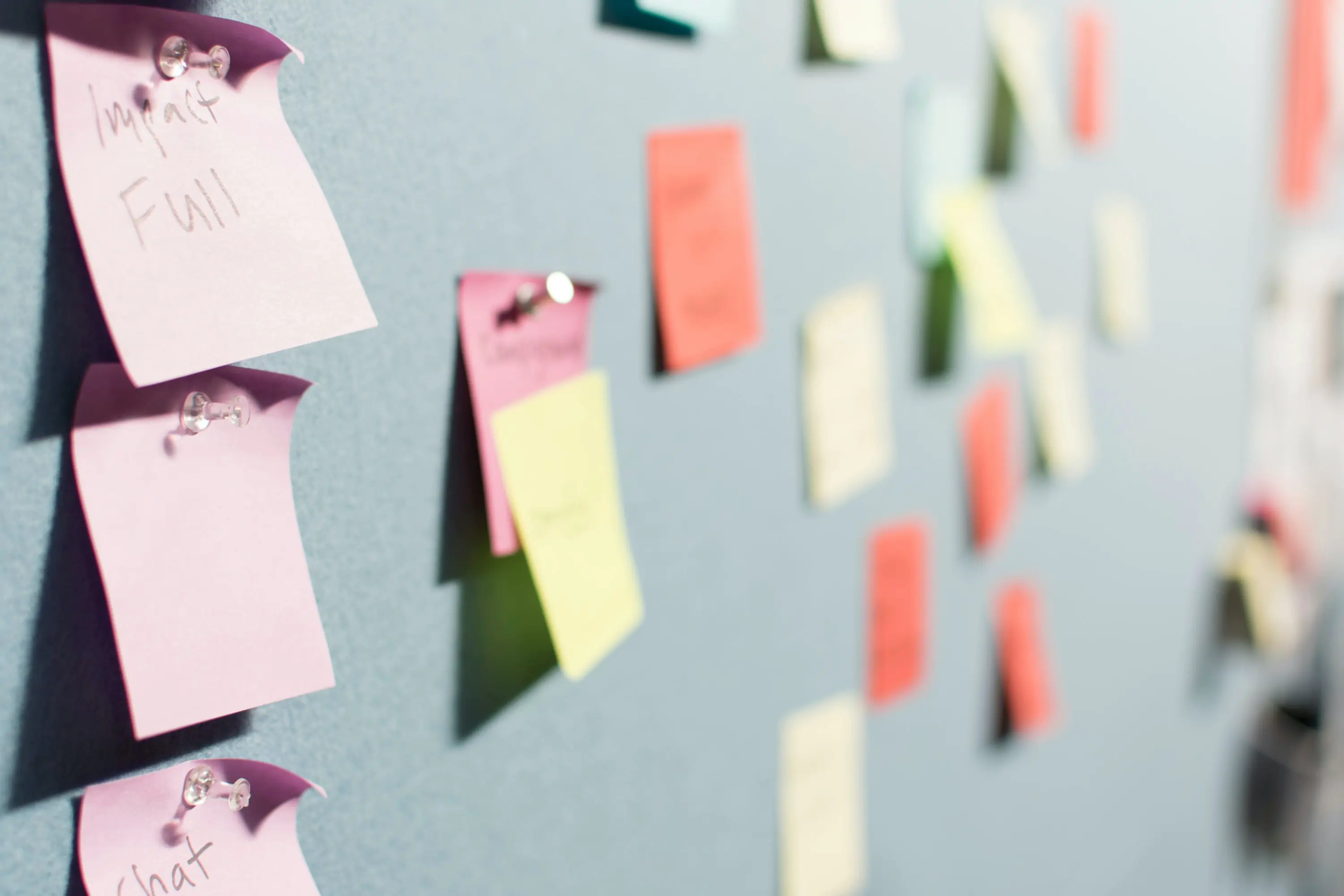JUNE 15, 2023
From idea to product: Optimal collaboration between client and digital agency

The ultimate workflow for client-digital agency collaboration
In today's digital age, collaboration between clients and digital agencies is crucial for turning ideas into successful products. Bringing an idea to life requires a clearly defined workflow that maximises efficiency, minimises misunderstandings and ensures a seamless transition from idea to finished product. In this article, we will explore best practices for establishing a productive workflow between clients and digital agencies so that both parties can effectively achieve their goals.Phase 1. Clearly define goals and objectives
The first step in a successful collaboration is to establish clear goals and objectives. The client should tell the digital agency their vision, target audience and desired outcomes. This allows the agency to gain a comprehensive understanding of the project and align its strategies accordingly. Open and transparent communication is crucial at this stage to avoid ambiguity or misinterpretation. In return, the agency should provide insight into its capabilities, resources and timelines so that realistic expectations are set from the outset.
Phase 2: Conduct thorough research
Once the goals are set, both the client and the digital agency should conduct thorough research. The client should share any insights they have gathered about the market, competitors and user feedback. At the same time, the agency should conduct its own research to identify industry trends, user preferences and potential challenges. By combining their expertise, the client and the agency can gain valuable insights that feed into subsequent phases of the workflow. This collaborative research approach ensures a solid foundation for decision-making throughout the project.
Phase 3. Joint brainstorming and concept development.
Based on the research findings, the client and the agency can jointly develop ideas and concepts. This phase includes brainstorming sessions, creative discussions and exploration of different ideas, e.g. at the joint "Discovery Workshop". Both parties should contribute their expertise and active listening is crucial to ensure that every suggestion is considered. The aim is to refine and consolidate the concept that matches the client's vision and the agency's capabilities. The agency can provide valuable input on technical feasibility, innovative features and user experience design.
Phase 4: Wireframing and prototyping
Once the concept is defined, the digital agency can start creating wireframes and prototypes. Wireframes provide a visual representation of the structure and layout of the product, while prototypes provide an interactive experience. Regular feedback sessions between the client and the agency are essential at this stage to ensure that the design and functionality meet the client's expectations. Iterative improvements based on user feedback should be incorporated until the final prototype is completed. This collaborative approach minimises the risk of costly design changes in later phases.
"No matter how good the team or how efficient the methodology, if we’re not solving the right problem, the project fails."
Phase 5. Development and Testing
Once the prototype is complete, the digital agency can proceed with the development phase. A collaborative approach is crucial in this phase as well. The agency should keep the client regularly updated so they can track progress and provide feedback. Agile project management methods such as Scrum or Kanban can be used to ensure transparency and flexibility. Regular testing and quality assurance measures should be implemented to identify and fix problems promptly. Continuous communication ensures that the client remains involved in the process and can provide timely feedback. In addition, the agency should ensure proper documentation and version control to facilitate future maintenance and updates.Phase 6. Deployment and introduction
As development nears completion, the client and the digital agency should prepare for the deployment and launch of the product. This includes final testing, content integration and optimisation for different devices and platforms. The agency should also train and support the client's team to ensure a smooth transition into the product's live environment. In addition, a comprehensive marketing strategy can be developed to raise awareness and maximise the impact of the product at launch. Through collaboration between the client's marketing team and the digital agency's expertise, a coherent message and effective promotional campaigns can be developed.
Phase 7. Post-launch support and maintenance
Even after the product has been launched, the collaboration between the client and the agency should continue. Post-launch support and maintenance are crucial to address unforeseen issues, implement updates and improve the product based on user feedback. Regular communication channels should be established to facilitate ongoing discussions and ensure client satisfaction with the product's performance. The agency can provide analysis and data insights that help the client make informed decisions about future improvements or enhancements.
Developing a successful product is a continuous process that requires a strong and transparent relationship between the client and the digital agency. By incorporating these best communication practices into every stage of the workflow, collaboration can lead to exceptional results that drive the client's business forward. Remember, it's not just about producing a product, it's about building a partnership that thrives on mutual growth, understanding and effective communication.




